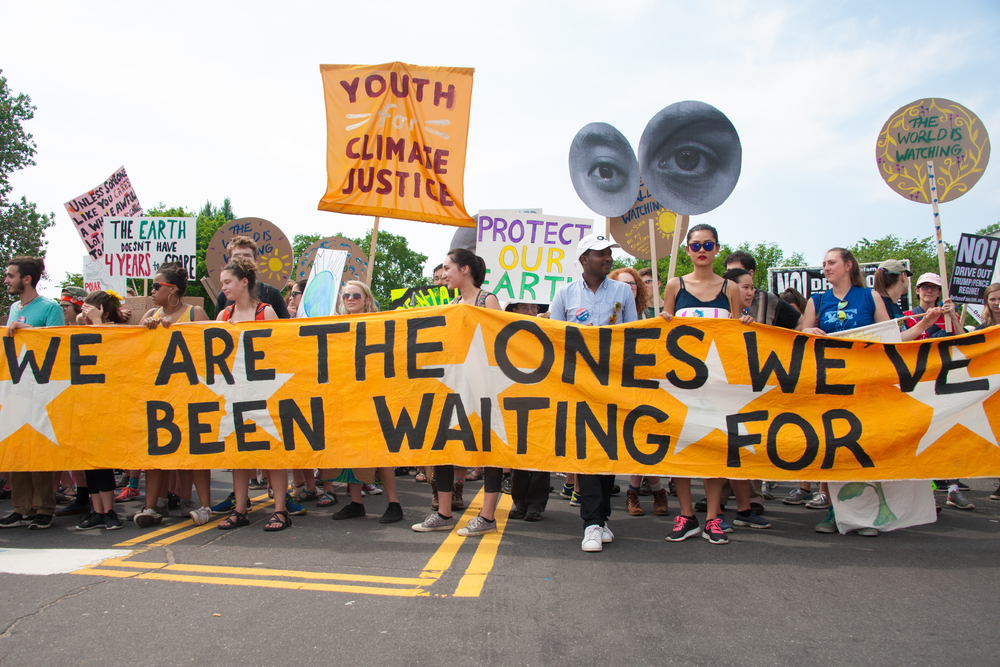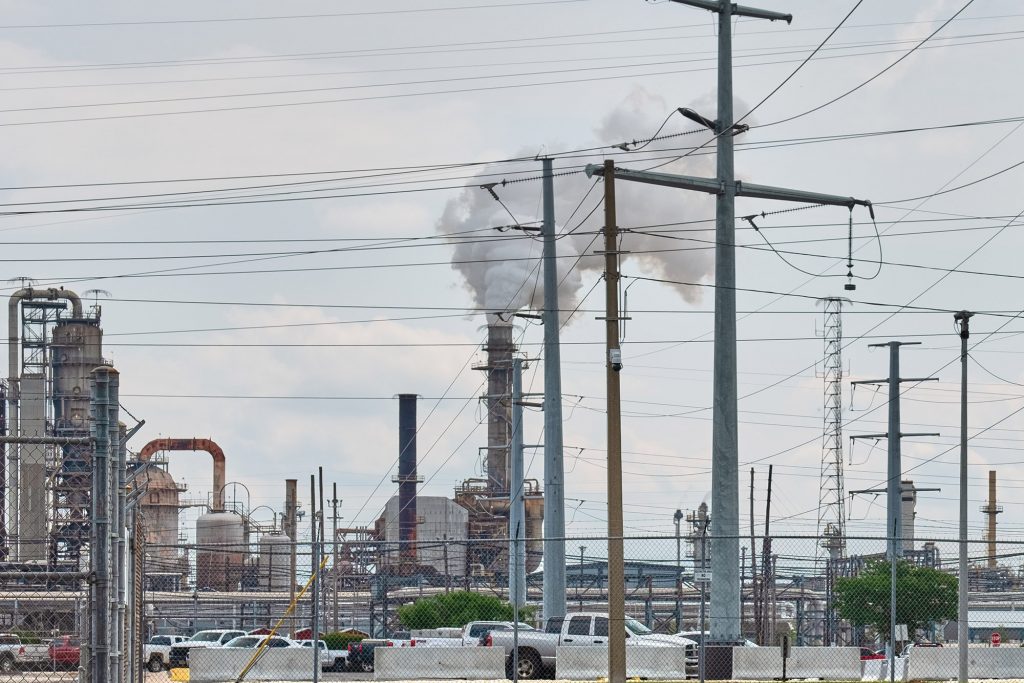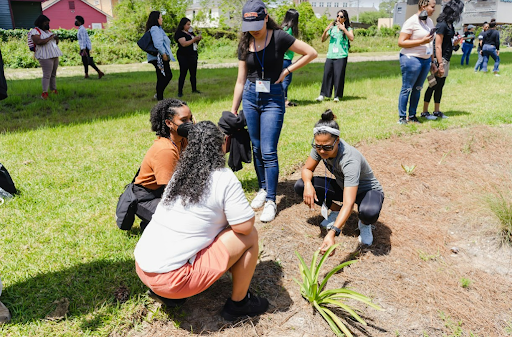Only bold action can alter the existential climate crisis the world faces. Today, the U.S. made such a step in securing our energy future by passing the Inflation Reduction Act of 2022, the most significant investment in combating climate change in U.S. history.
The Inflation Reduction Act of 2022 aims to reduce U.S. carbon emissions by 40% by 2030, offer individuals and businesses tax credits and rebates for choosing clean energy options and provide more than $60 billion for the advancement of environmental justice initiatives.
“The Inflation Reduction Act is a major step in securing a sustainable future for generations to come,” said Sonia Joshi, director of U.S. programs at the Institute for Sustainable Communities. “However, the legislation does make significant compromises. More is needed to reduce the harmful impacts of fossil fuels and ensure just futures for communities of color in the U.S. who are most impacted by climate change. ISC will continue to center equity in climate resilience, policy and just transitions.”
The Institute for Sustainable Communities sees progress with this legislation. But we must not lose sight of the reality that Black, Brown, and Indigenous peoples are disproportionately burdened by climate and environmental challenges.

We must tackle the climate crisis from a racial, economic, social, environmental and public health perspective. The Inflation Reduction Act of 2022 is leading-edge in its support for climate justice initiatives.
The legislation includes funding to address the following areas, among others:
- Air quality sensors in low-income and disadvantaged communities.
- Assistance to underserved farmers.
- Clean energy integration and reliability of the electrical grid.
- Coastal communities and climate resilience.
- Domestic water supplies to communities and households without reliable access to clean water.
- Drought response and preparedness.
- Electrification rebates for low-moderate income households.
- Energy-efficient affordable housing.
- Environmental and climate justice block grants.
- Investments in disinvested communities.
- Methane emissions and pollution reduction.
- Tribal climate resilience.
- Urban heat island effect, wildfires and extreme heat.
However, a commitment to equity and strategic implementation is required to ensure that communities evolve systems and practices that are equitable and sustainable for all people, particularly Indigenous people and fenceline communities that face the most pollution harm from the oil and gas industry. Although the legislation is notable in its environmental provisions, some components are discouraging. Through oil and gas lease sales on public lands and waters, it makes provisions to solidify fossil fuel interests at the expense of communities in Alaska, Appalachia and along the Gulf Coast.
Through ISC’s work in the upper Texas Gulf Coast, we see firsthand how oil and gas production poses harmful health effects for Gulf Coast residents of color, who encounter flooding, air pollution, sewage overflow and a lack of recovery funding.
The federal government must not allow the fossil fuel industry to continue to treat the lives of low-income, Black, Brown and Indigenous people as collateral damage. We hope that the boldness of the Inflation Reduction Act of 2022 spurs future legislation to pick up where this one left off.

Our Work Continues
The Institute agrees with President Biden that climate change is a clear and present danger to the United States.
In July, deadly flash floods in eastern Kentucky ravaged communities that are now grappling with recovery. Extreme heat, wildfires and drought plague cities and towns across the U.S.
The Inflation Reduction Act of 2022 paves the way for progress on climate equity and justice, the core of the Institute’s work in the U.S.
Our Partnership for Resilient Communities, for example, supports climate leaders of color in urban communities through strategic planning, policy promotion, green stormwater infrastructure, energy justice initiatives, clean energy installations and community education and engagement.
The Institute’s Urban Equity Climate Compact works with leaders of color, local governments and community-based organizations in Baltimore, Baton Rouge, Cincinnati, Detroit and Tampa Bay. We provide resources, guidance and networking opportunities to enhance their climate endeavors and grow the footprint of their work.
Our work to reduce the effects of climate change continues through our collaboration with the Southeast Florida Regional Climate Compact, The Kresge Foundation’s Climate Change, Health and Equity initiative and with organizations in Bangladesh, China and India.
Climate equity is a cause worth fighting for, and ISC’s commitment will not waver.

About the Institute for Sustainable Communities:
The Institute for Sustainable Communities is a nonprofit organization that champions climate equity worldwide. We partner with and equip community organizations, governments and local leaders with the resources, insights and networking opportunities they need to tackle climate change in their communities.
